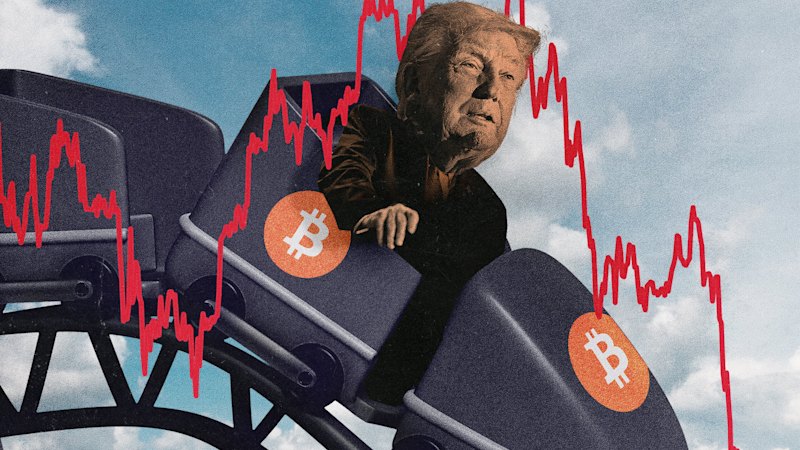
As the U.S. government shutdown approaches a record length of 33 days, President Donald Trump has asserted he will not be “extorted” by the Democrats. The shutdown has severely impacted federal workers, with many furloughed or working without pay, while essential services, including food assistance, are facing cuts. The stalemate between the two parties shows little sign of resolution, raising concerns for millions of Americans affected by the ongoing crisis.
Shutdown Effects Intensify
With the shutdown now nearing the 35-day record set during the winter of 2018-2019, federal employees are feeling the strain. Reports indicate that thousands of workers are relying on food banks each week as financial uncertainty looms. The situation has escalated to the point where millions began losing their food stamp benefits over the weekend due to the absence of funding bills.
Trump emphasized his desire for Republicans to consider “the nuclear option” to end the shutdown. Although the Republican Party controls both the House of Representatives and the Senate, they require Democratic support to surpass the Senate’s 60-vote filibuster threshold for most legislation. Current Democratic demands include an extension of healthcare subsidies under the Affordable Care Act, commonly known as Obamacare. Without these subsidies, millions of Americans face soaring premiums.
During a recent appearance on CBS’s 60 Minutes, Trump expressed his commitment to work with Democrats on healthcare reform once the government reopens. “I’m not going to do it by extortion,” he stated, criticizing the Democratic leadership for their approach. He characterized Senate Minority Leader Chuck Schumer as a “basket-case” and accused him of reckless behavior.
Political Dynamics and Future Implications
Trump’s comments reflect a broader frustration within the Republican Party regarding the impasse. Despite his claims, many within the party are hesitant to pursue the nuclear option, which would allow them to change the Senate rules with a simple majority. Senate leadership, including John Thune, has expressed concerns that such a move could backfire, enabling Democrats to pass legislation with a simple majority in the future.
In the face of ongoing pressure, the American Federation of Government Employees, the largest federal workers’ union, has urged both parties to reach a resolution. Union President Everett Kelly stated, “Both political parties have made their point, and still there is no clear end in sight. It’s time to pass a ‘clean’ continuing resolution and end this shutdown today.”
Meanwhile, Trump has shifted focus to other political matters. He commented on the upcoming election in New York, where Zohran Mamdani, a member of the Democratic Socialists of America, is poised to become the mayor. Trump dismissed comparisons between himself and Mamdani, suggesting that federal funding for New York could be jeopardized if Mamdani, whom he branded a communist, is elected.
As the government shutdown continues, the pressure mounts on both parties to find common ground. The implications of this standoff extend beyond political posturing, affecting the livelihoods of millions of Americans who are caught in the crossfire.






